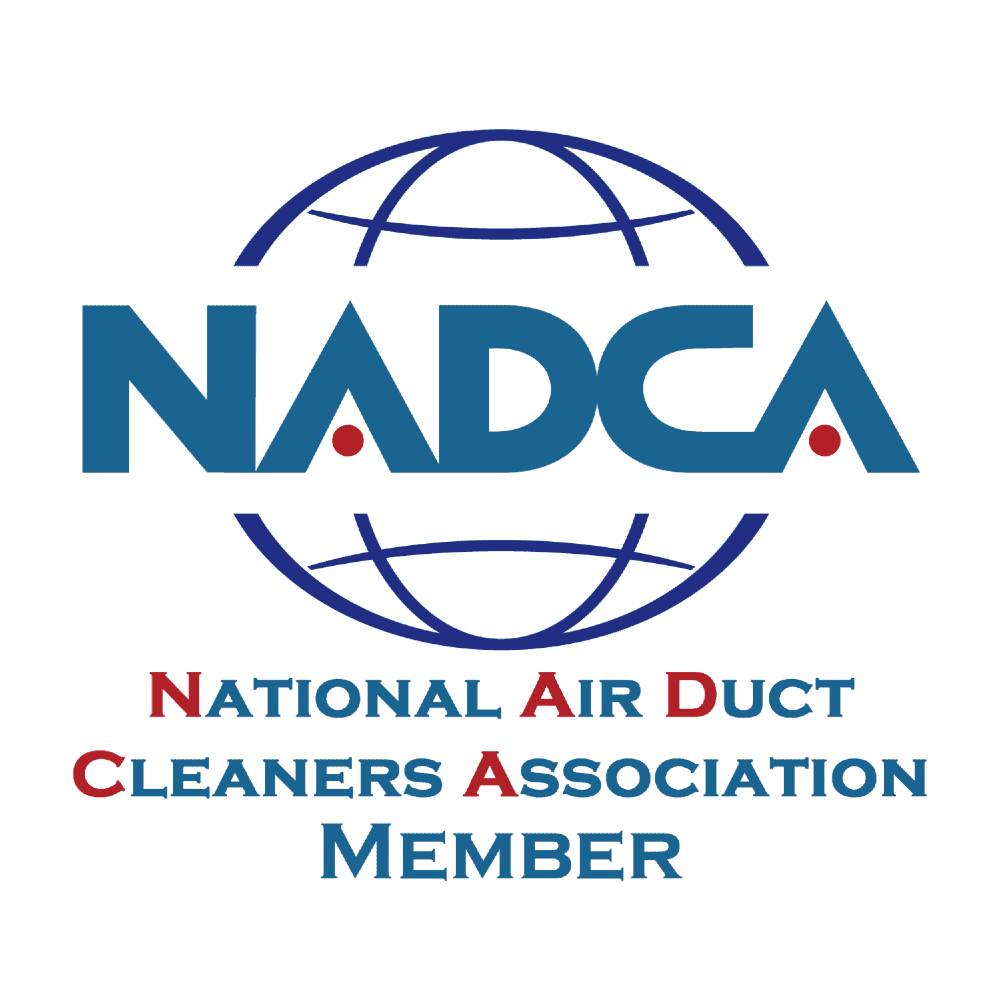What is NADCA?
The National Air Duct Cleaners Association (NADCA) was formed in 1989 as a non-profit association of companies engaged in the cleaning of HVAC systems. Its mission was to promote source removal as the only acceptable method of cleaning and to establish industry standards for the association.
NADCA has expanded its mission to include the representation of qualified companies engaged in the assessment, cleaning, and restoration of HVAC systems, and to assist its members in providing high quality service to their customers. The goal of the association is to be the number one source for the HVAC cleaning and restoration services: first time, every time.
NADCA has experienced phenomenal membership growth and has been extremely successful with the training and certification of air systems cleaning specialists, mold remediators, and HVAC inspectors. The association has also published important standards and guidelines, educational materials, and other useful information for the consumer and members of NADCA.
Today, NADCA standards and certification are specified on a regular basis to ensure that HVAC systems are assessed, cleaned, and restored in a safe and efficient manner.
NADCA Members Follow A Higher Standard
A company must meet stringent requirements in order to be a member of NADCA. The company must:
- Have at least one NADCA certified Air Systems Cleaning Specialist (ASCS) on staff
- Maintain at least $500,000 in general liability insurance
- Agree to clean according to NADCA’s standards and comply with NADCA’s Code of Ethics. If a company is not going to clean according to NADCA’s standards, this must be communicated to the buyer at the time of sale.
These requirements were established to provide a higher level of assurance to consumers. FRESHX is a NADCA member.

System Access
HVAC system cleaning is not a complex process, but each job is unique. Where possible, access to duct interiors should be made through existing openings such as supply diffusers, return grills, duct end caps, and existing service openings. Cleaning technicians may need to cut access holes in the duct work in order to reach inside with various cleaning tools. Creation of these service openings, and their subsequent closure, requires craftsmanship and professional skills.
Equipment Requirements
There is a wide variety of equipment available to HVAC cleaning professionals. Both truck-mounted and portable vacuums can be used to stop the spread of contaminants and get the system cleaned to the NADCA Standard.
Antimicrobial Chemicals
Antimicrobial chemicals include sanitizers, disinfectants and deodorizers that can be applied to non-porous surfaces in HVAC systems to address microbial contamination and help control odors. Only chemicals registered with the United States Environmental Protection Agency (EPA) can be used. These products should only be considered after mechanical surface cleaning has been performed and if the need for such treatment has been deemed necessary.
